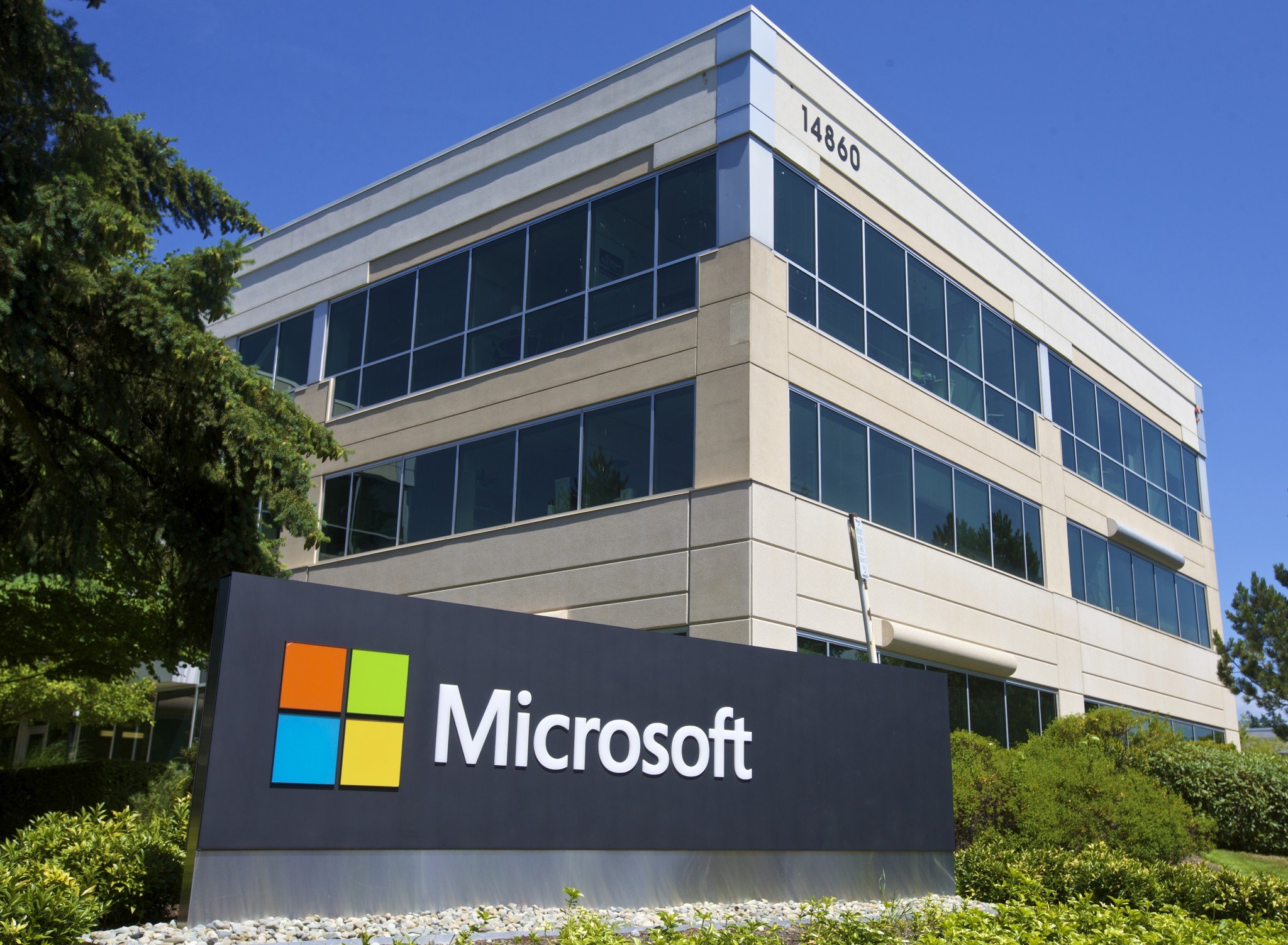Microsoft, Meta, OpenAI, and Google are seemingly in a fierce arms race to dominate AI. A new report by Omdia details that Microsoft bought the most NVIDIA AI chips compared to its competitors (via Financial Times). To put this into perspective, the tech giant bought 485,000 NVIDIA Hopper chips, translating to 20% of NVIDIA’s revenue over the past year.
Meta stacks miles behind Microsoft as NVIDIA’s second-largest buyer, only buying (224,000 chips) less than half the GPUs Microsoft acquired last year. NVIDIA is arguably the best GPU manufacturer, potentially explaining Microsoft’s dependency on its components for its AI efforts. Contextually, NVIDIA GPUs contributed to 43% of the global spending in 2024. Microsoft heavily contributed to this by spending approximately $31 billion on data centers.
The generative AI landscape has rapidly developed this year, with top tech corporations, including Microsoft, Google, OpenAI, Anthropic, and more, trying to assert their dominance in the space. Recently, a report emerged suggesting the development of advanced AI models has hit a brick wall due to a lack of high-quality data for training.
OpenAI CEO Sam Altman and erstwhile Google CEO Eric Schmidt disputed the claim, highlighting no evidence shows scaling laws have begun to stop the progression of AI. As you may know, advanced chips are an important ingredient in the development of AI as they provide the computational power, efficiency, and scalability to scale greater heights.
This has prompted the demand for AI chips to reach an all-time high, mounting immense pressure on NVIDIA. As such, the AI boom propelled the chipmaker to become the world’s most valuable company, ahead of Microsoft and Apple with over $3 trillion in market capitalization.
Microsoft is all in on AI
Earlier this year, we learned Microsoft was partnering with OpenAI to invest up to $100 billion in a new project called Stargate. The sophisticated project could help emancipate the companies from the shackles and overreliance on the world’s most profitable semiconductor chip brand for AI chips. Interestingly, the tech giant is also developing its chips called Maia, rolling out and installing 200,000 units.
The Stargate project could also help bolster Microsoft’s AI efforts across its gaming division. With enough computing power, Microsoft could leverage AI’s advanced capabilities to improve graphics rendering, super-resolution, cloud gaming, and in-game features.
NVIDIA’s next-gen GPUs are expected to ship with neural rendering capabilities, which could play a crucial role in generating better graphics in real-time. Similarly, AI can help bolster super-resolution advances, making it possible to upscale low-quality images and videos without losing quality.





